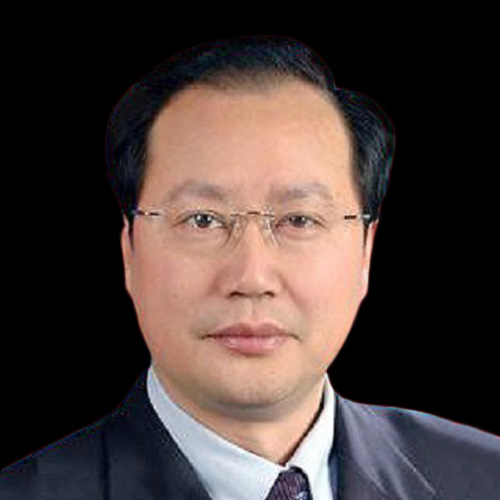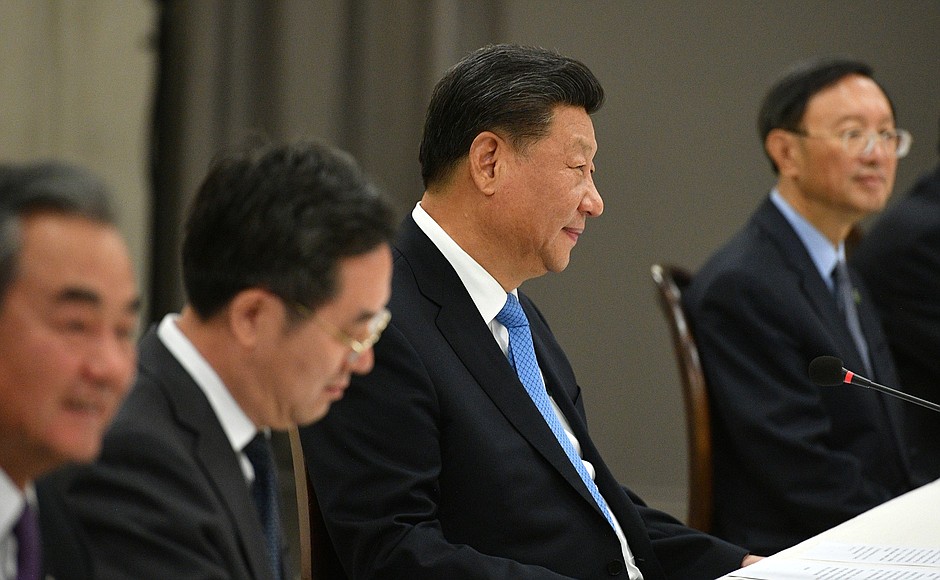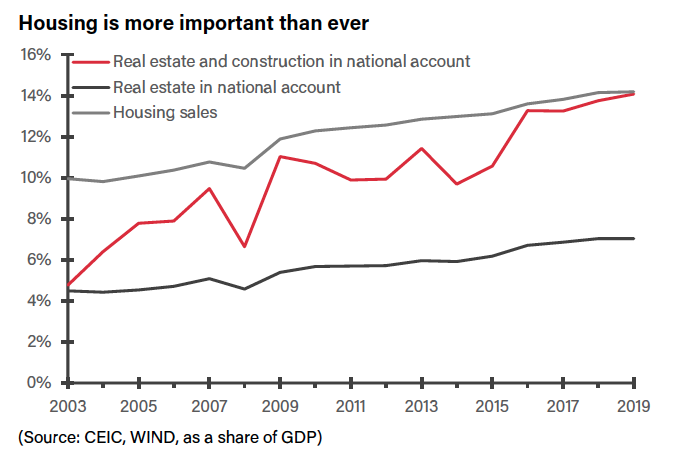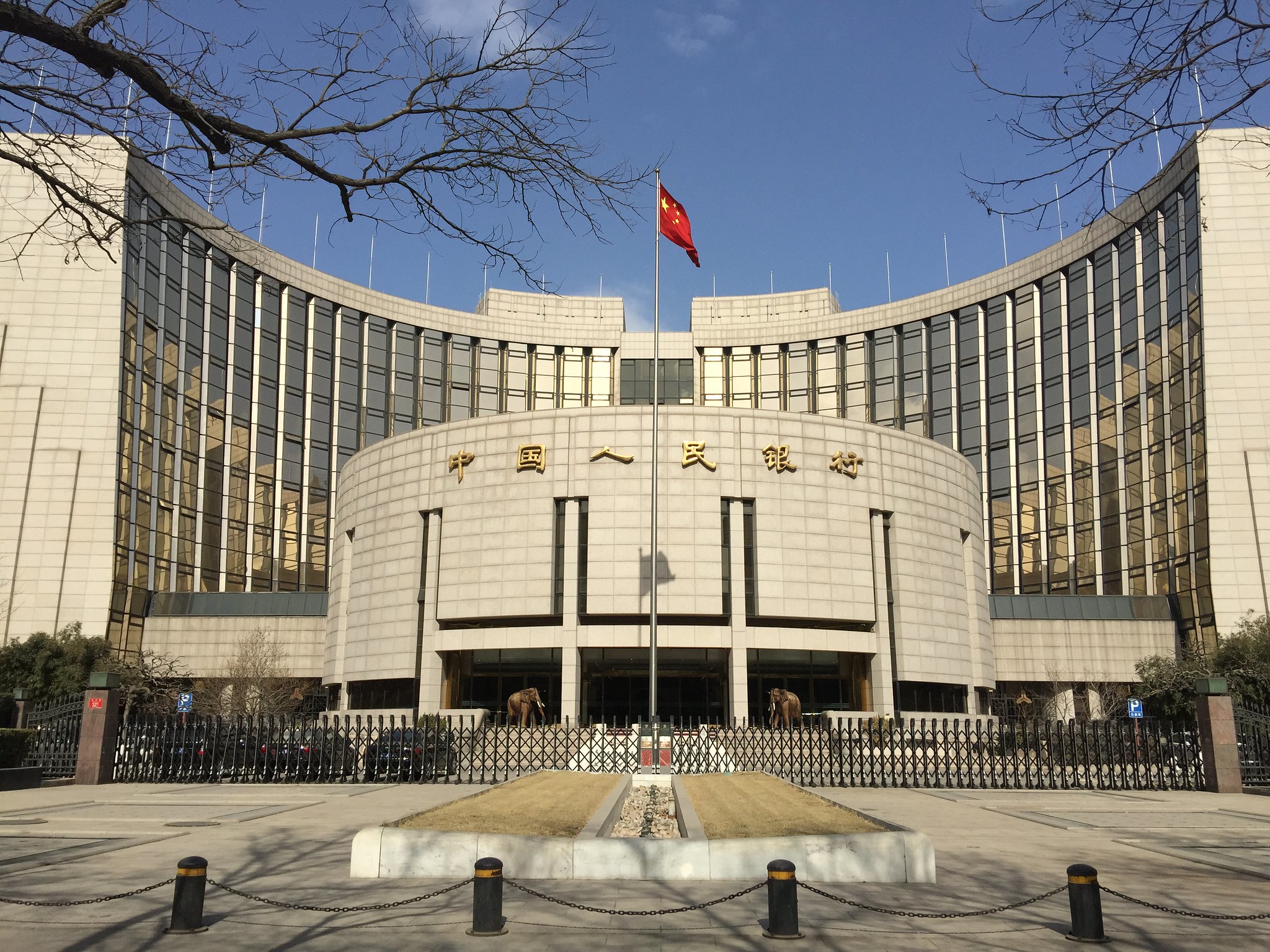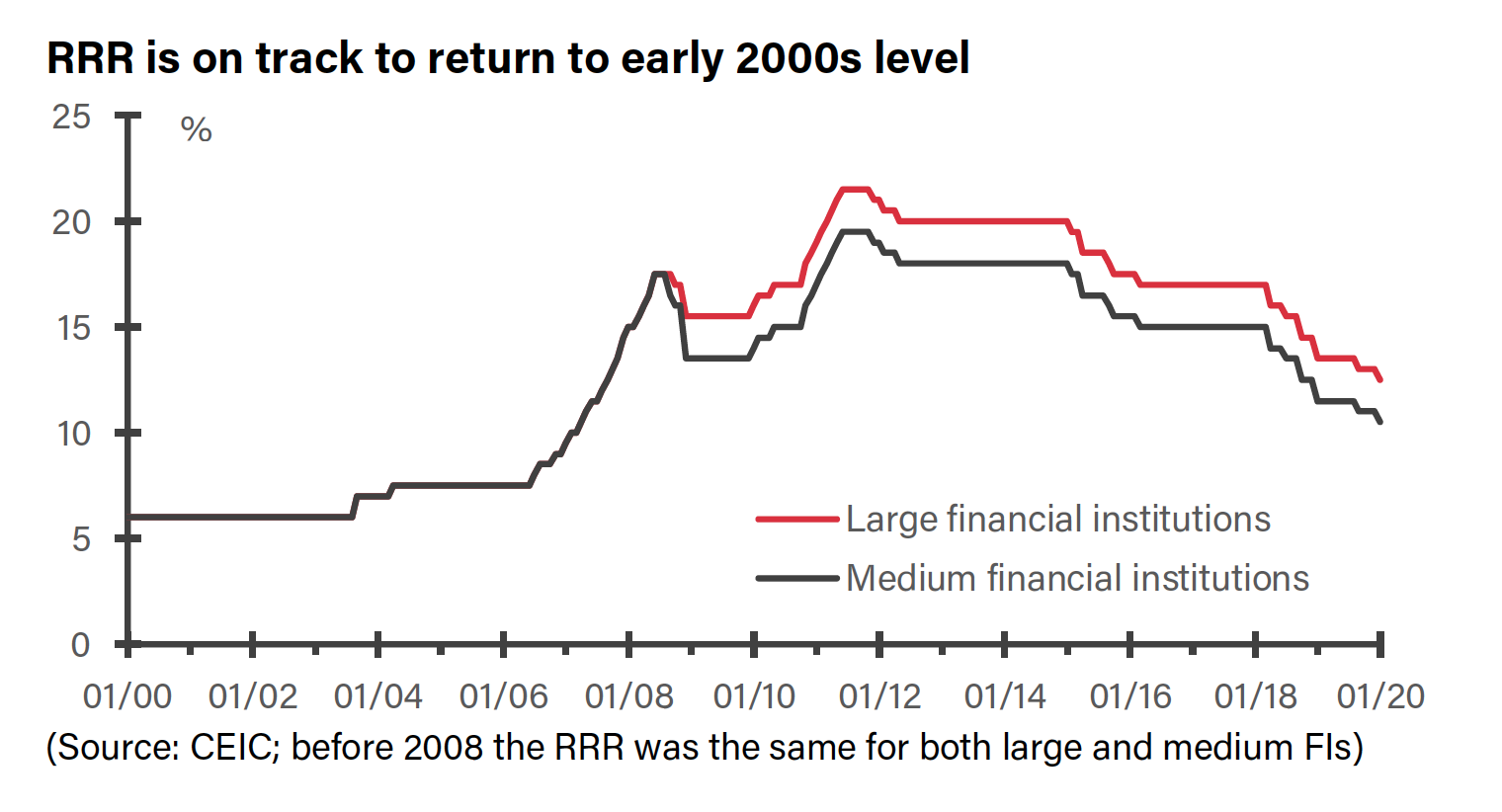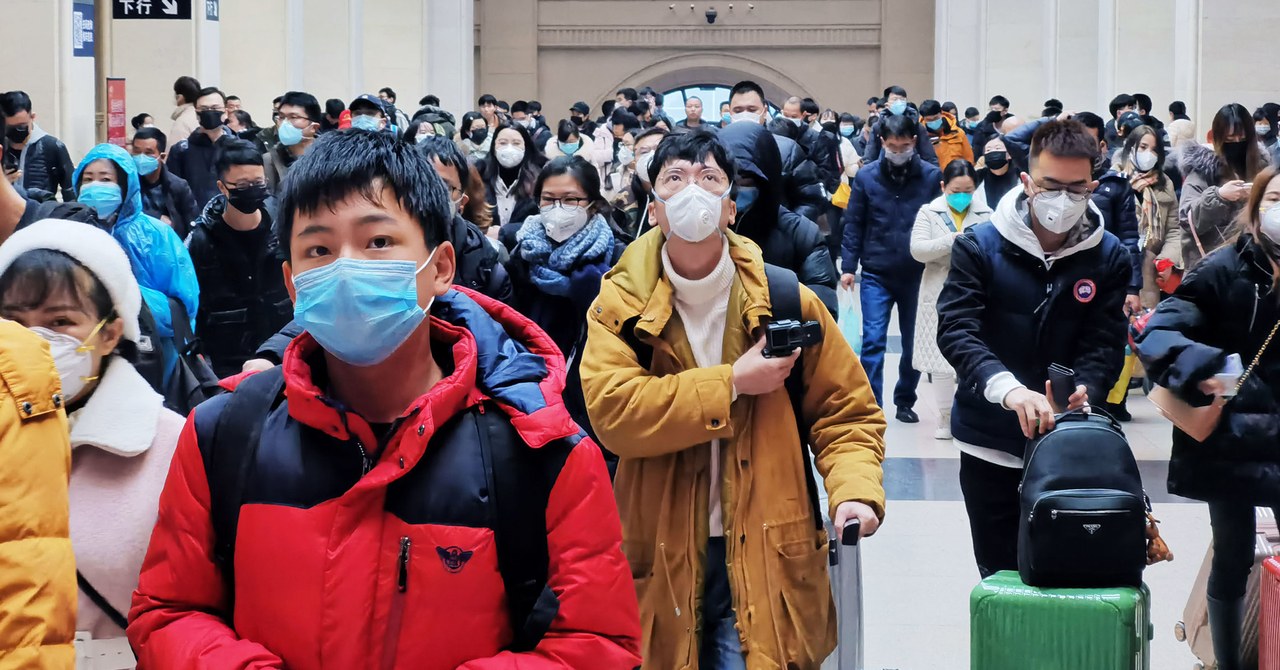
While the death rate of the N-coronavirus is less than 3%, well below that of SARS in 2003 (10%) and Beijing’s response is considerably quicker than 17 years ago, the fact that the crisis is taking place during Spring Festival, China’s peak travel season means that the economy will likely take a bigger hit compared to 2003.

